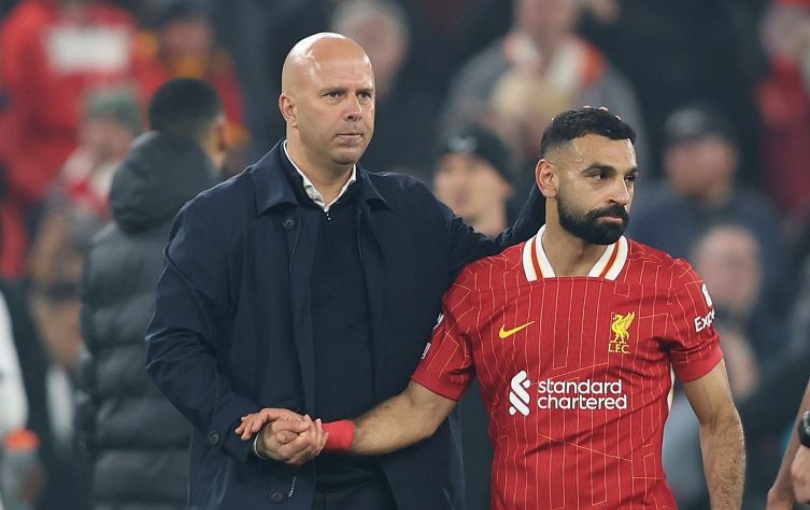Honduras seek formula for future success
(Repeats feature first moved at 0002 GMT)
By Rex Gowar
PUERTO CORTES, Honduras, May 5 (Reuters) - Platense are hosting Motagua in the first leg of a Honduran Clausura semi-final, the stadium in the port city is packed, the noise of the home supporters deafening in the main stand.
The atmosphere is captivating and hot -- kickoff was at 1500 local time in temperatures above 40 degrees Celsius which drew complaints from visiting coach Ramon Maradiaga -- but this is a far cry from the Nou Camp, Emirates or even Stade Louis II.
Modest Platense's Excelsior ground, capacity 10,000, has one main stand, plus uncovered terracing behind one of the goals and pitch-side standing on the other two sides, and reflects the financial strictures of the national game.
Honduras go to the World Cup in South Africa next month with possibly the weakest team among the 32 finalists. Their Group H opponents will be Spain, Chile and Switzerland.
The Hondurans play with an exuberance akin to the African teams and while coach Reinaldo Rueda can rely on technical brilliance, he has a hard job to improve tactics and keep his players focused, say foreign coaches working in the Central American country.
"They are well endowed physically...they are fast, elastic, they're panthers," said Argentine Mario Zanabria, whose Real Espana side, one of the big four, were shocked at being eliminated from the Clausura semi-finals last month.
Get FourFourTwo Newsletter
The best features, fun and footballing quizzes, straight to your inbox every week.
Zanabria, speaking to Reuters at a hotel in steamy San Pedro Sula, said this was especially true of the black and mixed-race players from the coastal city of La Ceiba where England-based midfielders Wilson Palacios and Hendry Thomas, "legionnaires" as exiles are called in Honduras, come from.
"They rarely get injured. Technically they're good but then tactically they're not so sharp. You have to insist, repeat things a lot," former Newell's Old Boys, Boca Juniors and Argentina midfielder Zanabria said.
"They fall easily into distraction, they're not in the match for 90 minutes, that's what Rueda has to work on most."
POOR ORGANISATION
Colombian Rueda, who took charge in 2007, found that Honduras had good players but poor organisation and a total lack of continuity which meant they had not profited from their previous World Cup experience in 1982.
"I was captivated by the characteristics of the Honduran player but when you're here you realise there are other realities," Rueda told Reuters.
Speaking in the capital Tegucigalpa where two of the country's four leading club sides, Olimpo and Motagua are based, Rueda ran through a long list of factors that needed improvement, from training methods to player nutrition.
"The professional league is irregular, four teams (out of 10 in the top flight) are at an acceptable level," he said.
"It's difficult for a player with so few practices in the national team to acquire that tactical culture.
"We're in the process, we've come a long way and we've achieved important things but there is still a lot to do."
What happened after Honduras played at the World Cup in Spain in 1982 -- with a team many Hondurans believe to have been better than the 2010 side though less rich individually -- was depre
